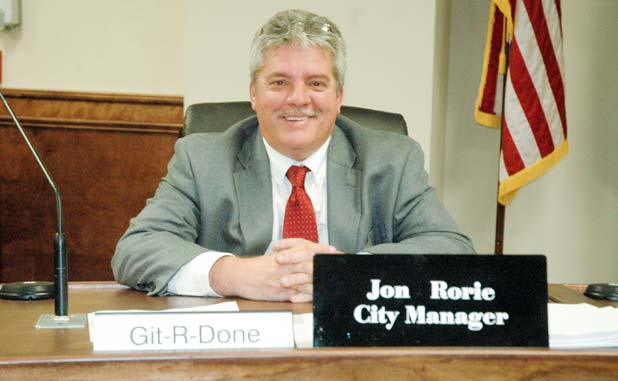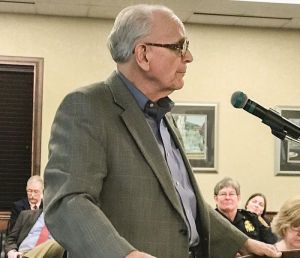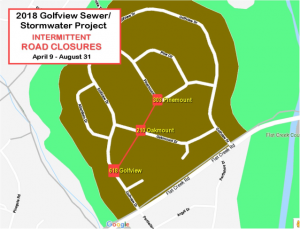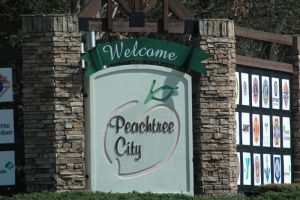When it comes to developing a municipal budget, the June 6 meeting of the Peachtree City Council provided a primer on the factors that require consideration.
“This is a prelude to the budget process,” said City Manager Jon Rorie who billed the meeting as “PTC Economics.”
Though budget talks will soon begin, the meeting included a wealth of information relating directly to the origin and scope of city revenues and expenses.
As with every budget meeting, it began with Rorie quoting the city’s budget policy and reiterating that that policy will always be adhered to.
The first portion of the meeting dealt with revenues, with Finance Director Paul Salvatore reviewing the categories of revenue sources.
As is the case with local governments, a large percentage of revenues flow from property taxes and local options sales taxes. Peachtree City receives 39 percent of its total revenues from property taxes and 20.5 percent from sales tax.
Of note in terms of property taxes was that the Great Recession played havoc with those revenues. The years 2010-2012 saw a 10.1 percent decrease in the tax digest, while 2014-2016 came with an 18.72 percent increase.
Similarly with local sales tax revenues, those receipts took a nosedive with the recession beginning in 2009 and only in 2017 are revenues expected to equal, or perhaps slightly exceed, the 2009 numbers.
The remaining revenue stream comes from franchise taxes, fines and forfeitures, licenses and permits, fund balance and other revenues and taxes.
The current city budget totals $33.5 million, or $985 per capita.
In terms of expenses, Rorie posed the question, “Where does the money go?”
Using the example of the current budget, approximately $7 million goes to fire and emergency services, $6.8 million to law enforcement and $6 million to public works.
At nearly $20 million, those three areas account for approximately 60 percent of budget expenditures.
The remaining 13 budget areas absorb the other $13.5 million.
One of the things that impacts the budget, perhaps more so in Peachtree City than in many municipalities, is the sheer volume of city-owned greenspace and recreation amenities.
Peachtree City encompasses nearly 15,000 acres. Of that, 3,700 acres, or nearly 25 percent, is greenbelt and parks.
“There’s a cost associated with greenbelts and the number of acres here is much larger than most cities,” Rorie said.
In terms of recreation, the city owns 416 acres of parks that feature 14 baseball fields, seven softball fields, 10 full-size soccer fields, two lacrosse fields, two football fields, nine tennis courts, 23 playground/tot lots, nine concession stands, three lakes and two ponds.
With the budget primer complete, the council will soon begin budget considerations and will adopt the FY 2018 budget in August.













Leave a Comment
You must be logged in to post a comment.